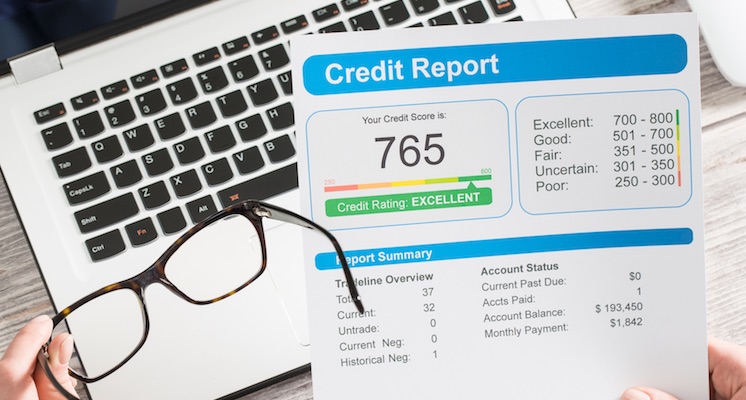The Customer Effect
Explainer: How neural networks are changing credit scores
- Credit bureaus are increasingly using machine-learning technology to calculate credit scores.
- This new method is said to provide a more balanced assessment of an individual's creditworthiness.








